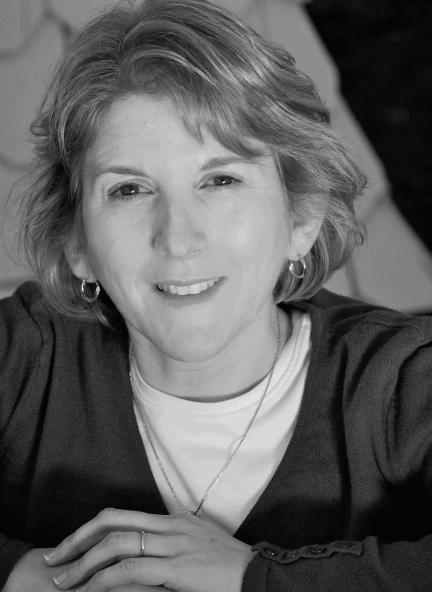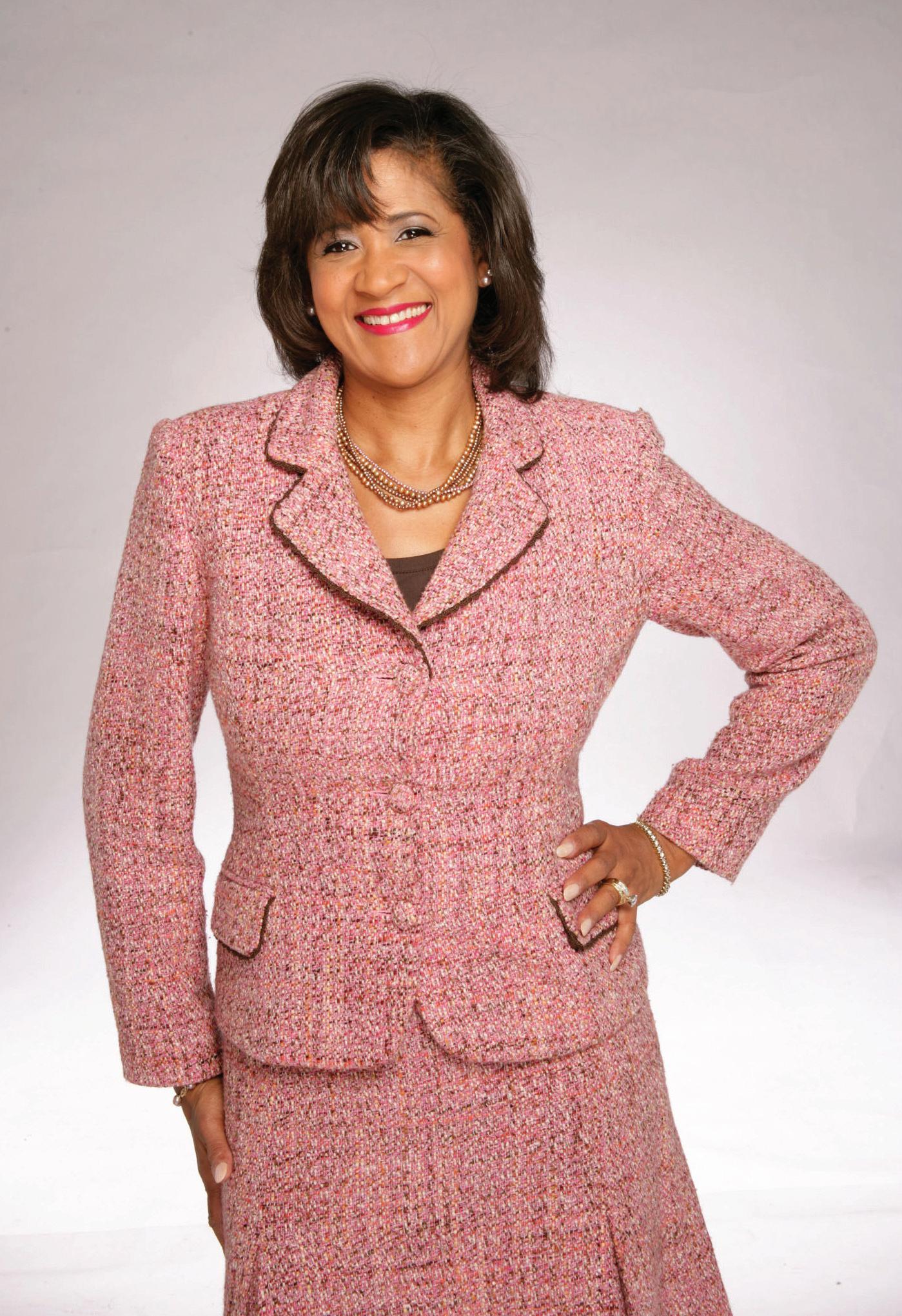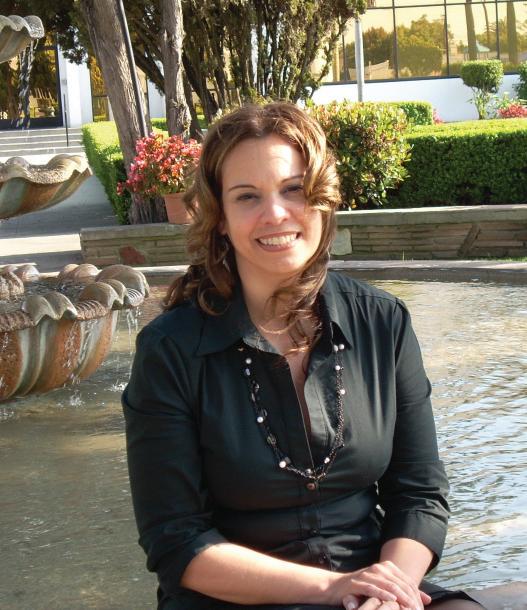FA M I LY
Ellen Painter Dollar is a writer, editor and mother of three living in West Hartford, CT. Her articles, blog posts, book chapters, and books have been published by Christianity Today; the Osteogenesis Imperfecta (OI) Foundation; Virtual Mentor (the American Medical Association’s online journal of ethics); and the Episcopal Cafe. Her forthcoming book on the ethics of reproductive and genetic technology will be published by Westminster John Knox Press in fall 2011. She blogs about reproductive ethics at Choices That Matter, and about faith, family, and disability at Five Dollars and Some Common Sense.
You’re Never ‘Ready’ to Parent Entering the inconvenience of parenthood is indeed stressful — and full of grace. In the July 6 issue of The Washington Post, Gillian E. St. Lawrence wrote about her and her husband’s decision to undergo in vitro fertilization (IVF) and have the resulting embryos frozen for later use, essentially donating their embryos to themselves. The Washington, D.C., natives chose this path not because they are infertile, but because, at 30 and 32 years old respectively, St. Lawrence and her husband do not feel ready to become parents. Aware that fertility rates decline precipitously after a woman reaches age 35, they decided to undergo what St. Lawrence dubs “Preservation IVF” (as opposed to “Desperation IVF”). The couple felt it is vital that, before having kids,
they “first be financially stable enough to support them and give them plenty of parenting time.” We want so badly to control the outcome of our procreation — not a new impulse, but one that has become more powerful and ubiquitous thanks to ever-expanding information about human health and well-being, reproductive technologies, as well as an online culture that allows us to discuss the intricacies of our parenting decisions. From our focus on well-timed pregnancies, optimal pregnancy nutrition, and detailed birth plans to anxious reliance on sunscreen, organic food, and brain-stimulating, body-strengthening leisure activities, we are a culture of parents who think that if we plan everything properly, then
everyone will turn out okay. Not just okay, but terrific — happy, healthy, capable, productive, and self-sufficient. St. Lawrence’s decision may be extreme, but we are all caught up in a culture that expects parents to exercise meticulous planning and control over their children, and fosters a poisonous climate of judgment surrounding every decision parents make. Trying to orchestrate family life is not only futile (despite all our technology, having children is still a process fundamentally out of our control), but also keeps us from fully embracing the gift of children. Christians should understand this better than anyone, given that we worship a God who MO DE R N
MIR ACLE S
MAGA ZINE
13









